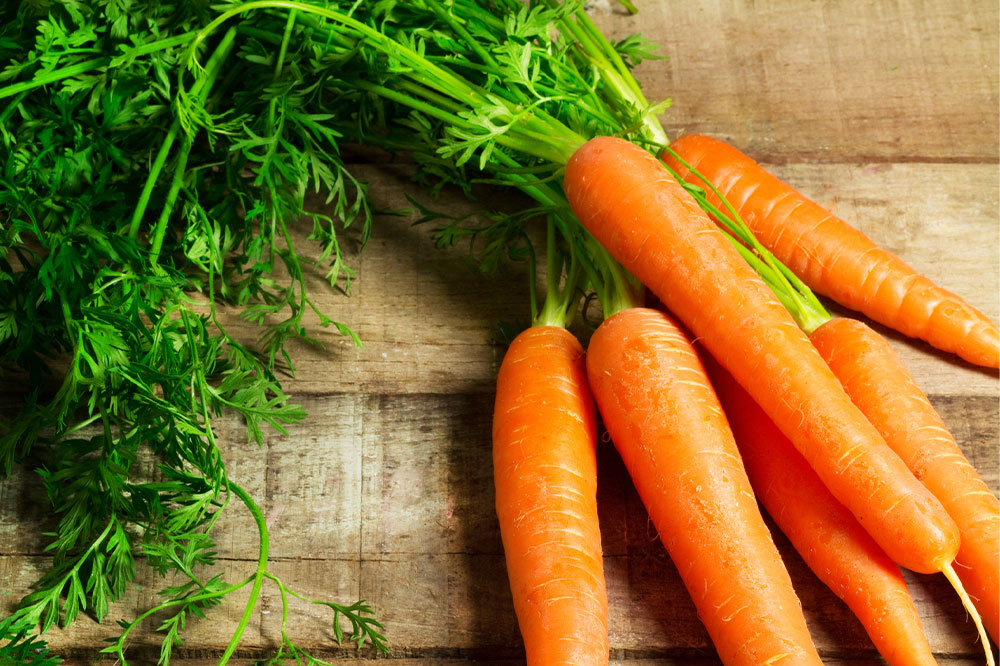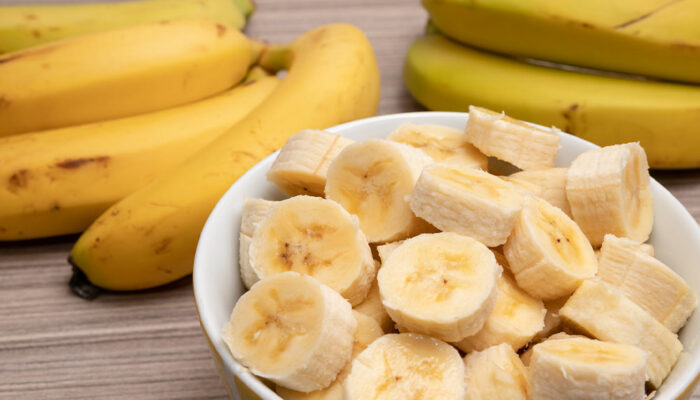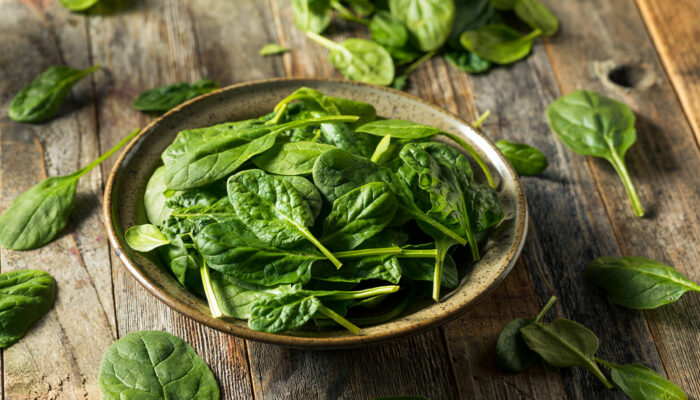
7 Types of Foods That Can Improve Lung Health
Inflammation, infection, cell and tissue damage, and aging are some of the common factors that can contribute to issues that interfere with the normal functioning of the lungs. Respiratory issues are usually triggered by viral or bacterial infection, exposure to irritants and environmental pollution, lack of nutrition, unhealthy lifestyle choices, and a family history of a lung-related condition. Here, good eating habits can help in maintaining lung health and preventing respiratory issues.
Managing lung health
Limiting exposure to pollution is a key measure to protect the lungs. So, one should wear masks outdoors to avoid dirt, dust, smoke, and hazardous fumes from entering the body. Maintaining the highest hygiene standards at home and outside can help one prevent contracting any infection through airborne pathogens. While a healthy meal plan and regular exercise can strengthen the lungs, frequent medical checkups can help identify any risk of lung disease so that one can take necessary preventive measures.
Best foods for lungs
A nutritious, balanced, and lung-friendly meal plan can help the immune system keep infections at bay. So, one should add the following nourishing foods to their daily meals:
Sources of vitamin A
The lungs are among the last organs to develop in a fetus, so the right nutrients during pregnancy help in healthy lung development. Vitamin A is one of the crucial nutrients for healthy lung development in infancy and for maintaining lung health at all ages. Retinoic acid, a key component of Vitamin A, is essential for developing air sacs and maintaining airways, lung cells, and tissues. Research has also shown that those with various respiratory illnesses have a deficiency of vitamin A. The nutrient is vital for the lung epithelium, which provides barrier protection, maintains fluid balance in the lungs, clears irritants, initiates an immune response, and produces mucus.









